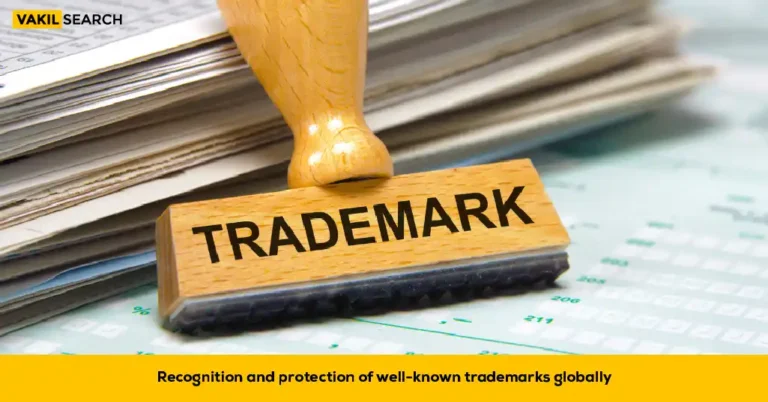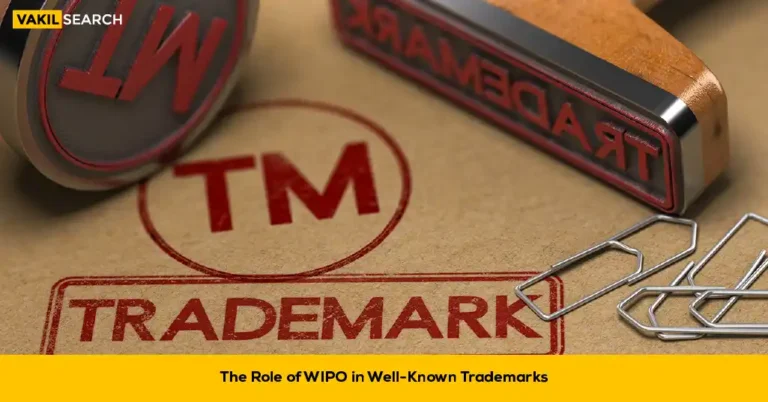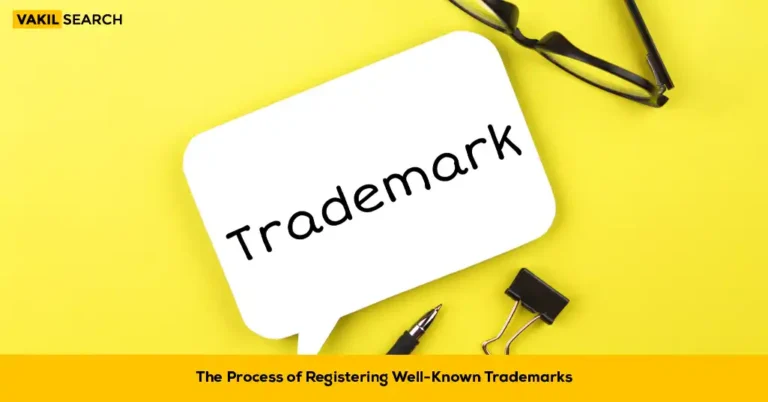Discover common trademark mistakes that startups should avoid. Explore pitfalls in trademark selection, registration, and enforcement, to ensure prevention of costly legal disputes.
For Trademark Mistakes Startups, establishing a strong brand identity is paramount to success in a competitive marketplace. Central to this endeavor is securing trademark protection for your brand name, logo, and other identifying elements. However, navigating the trademark landscape can be fraught with pitfalls, and making mistakes in the process can have serious consequences.
In this article, we explore the most common trademark mistakes startups make and provide practical insights to help avoid them, drawing on real-life examples to illustrate key points.
Trademark Mistakes Startups Should Avoid
-
Failing to Conduct a Comprehensive Trademark Search:
One of the most critical Trademark Mistakes Startups can make is neglecting to conduct a thorough trademark search before adopting a brand name or logo. Without proper due diligence, startups risk infringing on existing trademarks, leading to costly legal battles and potential rebranding efforts. For example, consider the case of “Pinterest,” which faced trademark infringement claims from a startup named “Pintrips” due to similarities in their names.
-
Choosing a Descriptive or Generic Name:
Trademark Mistakes Startups of selecting brand names that are overly descriptive or generic, which can weaken trademark protection and hinder brand differentiation. For instance, a company named “Fast Food Delivery” would struggle to obtain trademark protection and distinguish itself from competitors. Instead, startups should opt for distinctive, memorable names that can be easily protected and associated with their unique offerings.
-
Neglecting to Register Trademarks Early:
Another common misstep is delaying the trademark registration process, leaving startups vulnerable to infringement and exploitation by competitors. By proactively seeking trademark protection for their brand assets, startups can establish legal rights and deter others from using similar marks. For example, the delay in registering the trademark for “Uber” allowed competitors to capitalize on the name’s popularity in the ride-sharing industry.
-
Ignoring International Trademark Considerations:
Startups with global aspirations often overlook the importance of international trademark protection, focusing solely on domestic markets. However, failing to secure trademarks in key international jurisdictions can leave startups exposed to infringement and limit their expansion opportunities. Take the example of “Apple Inc.,” which faced trademark disputes in China due to its failure to register the “iPad” trademark before entering the market.
-
Misunderstanding Trademark Classes and Categories:
Trademark protection extends to specific goods and services categories, known as trademark classes. Trademark Mistakes Startups must carefully consider which classes are relevant to their business and ensure comprehensive coverage to prevent gaps in protection. For instance, a clothing brand that neglects to register its trademark in the relevant apparel classes may encounter difficulties enforcing its rights against counterfeiters.
-
Overlooking Renewal and Maintenance Obligations:
Securing a trademark registration is only the first step; startups must also fulfill renewal and maintenance requirements to maintain their rights. Failure to do so can result in the loss of trademark protection and expose startups to infringement claims. For example, the lapse in renewing the trademark for “Kodak” allowed other companies to exploit the brand name in the photography industry.
The Takeaway
In the Trademark Mistakes Startups fast-paced world of startups, the importance of trademark protection cannot be overstated. By avoiding common trademark mistakes and adopting a proactive approach to brand management, startups can safeguard their intellectual property rights, build brand equity, and position themselves for long-term success in the marketplace.
For assistance, reach out to the experts at Vakilsearch right away!
FAQs: Trademark Mistakes Startups
What are some common trademark mistakes startups make in India?
Some common trademark mistakes startups make in India include failing to conduct comprehensive trademark searches, choosing descriptive or generic marks, neglecting to register trademarks early, and not actively monitoring and enforcing their trademark rights.
How does choosing a descriptive or generic mark impact a startup's trademark strategy in India?
Choosing a descriptive or generic mark for a startup in India can hinder trademark registration and protection, as such marks lack distinctiveness and may be difficult to enforce against competitors. It is advisable to select marks that are unique and capable of being protected.
Why is conducting a trademark search important for startups in India?
Conducting a trademark search in India is essential for startups to ensure that the chosen mark is available for use and registration. It helps identify existing trademarks that may pose conflicts or obstacles to registration, reducing the risk of legal disputes and rejection by authorities.
What are the consequences of neglecting to register trademarks early for startups in India?
Neglecting to register trademarks early for startups in India can result in missed opportunities to secure exclusive rights to valuable brand assets, leaving the startup vulnerable to infringement, imitation, and legal challenges from competitors.
How can startups in India avoid trademark infringement when choosing a brand name or logo?
Startups in India can avoid trademark infringement by conducting thorough trademark searches, avoiding marks that are confusingly similar to existing trademarks, and seeking legal advice to assess the risk of infringement before adopting a new brand name or logo.
What steps should startups take to actively monitor and enforce their trademark rights in India?
Startups in India should implement proactive measures to monitor and enforce their trademark rights, including monitoring trademark databases for potential infringements, responding promptly to suspected infringements, and taking legal action when necessary to protect their brands.
Can startups correct trademark mistakes after they've been made in India?
Yes, startups in India can take corrective actions to address trademark mistakes, such as rebranding if necessary, filing new trademark applications, or resolving disputes through negotiation or legal proceedings. However, prevention through careful planning is often more cost-effective than correction.
How can startups ensure effective trademark management and maintenance in India?
Startups can ensure effective trademark management and maintenance in India by maintaining accurate records of trademark registrations, renewing registrations on time, monitoring for unauthorized use or infringement, and actively enforcing their trademark rights.
What role does trademark education and awareness play in helping Trademark Mistakes Startups in India?
Trademark education and awareness play a crucial role in helping startups understand the importance of trademarks, recognize potential pitfalls, and adopt best practices to protect their brands effectively in the Indian market.
Why should startups seek professional assistance from trademark experts or attorneys in India?
Startups should seek professional assistance from trademark experts or attorneys in India to navigate the complexities of trademark law, conduct thorough searches, navigate the registration process, and develop a comprehensive trademark strategy tailored to their specific needs and goals.










